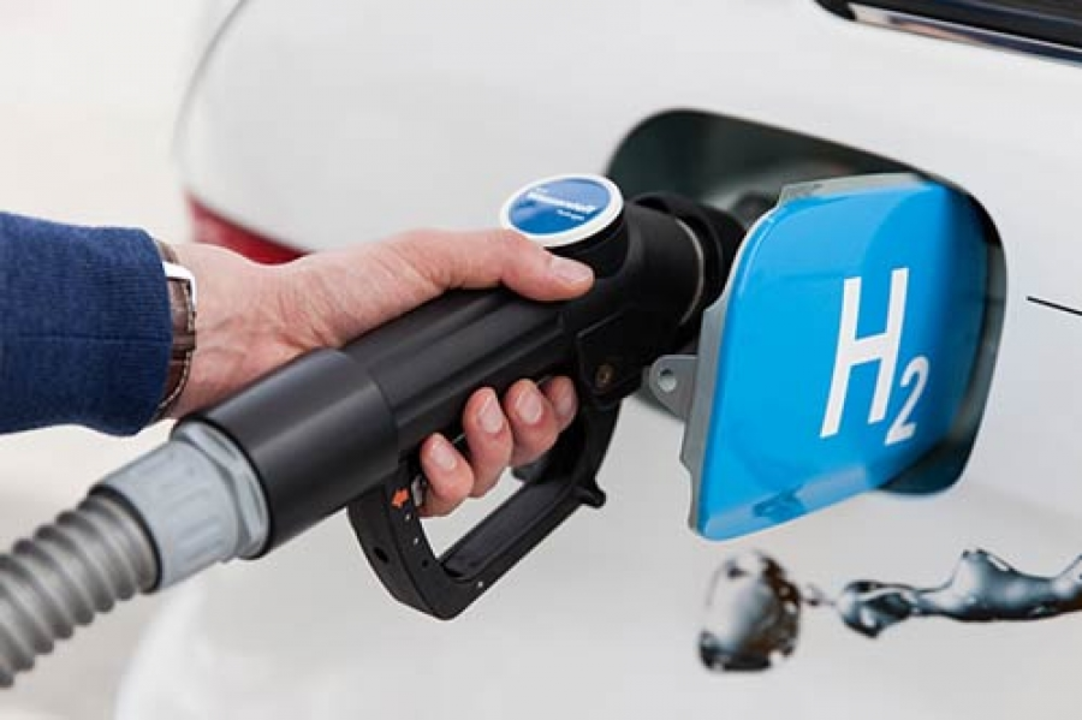The Road to an Electric Future
As the world shifts its focus toward cleaner, more sustainable energy sources, it's inevitable that the auto racing industry will undergo a significant transformation. Without gasoline, the face of auto racing as we know it will change drastically. But what will this future look like? In this article, we'll explore the potential impact of this transition on the sport and discuss the exciting possibilities that lie ahead.
Emergence of Electric Racing Series
With the rising popularity of electric vehicles (EVs), it's no surprise that there are already several electric racing series in existence. One of the most well-known is Formula E, which began in 2014 and features single-seater electric race cars. In addition to being an exciting alternative to traditional racing, Formula E also serves as a showcase for the latest advancements in electric vehicle technology.
Other electric racing series have followed suit, such as Electric GT, which focuses on electric production cars like the Tesla Model S. As the technology continues to evolve, we can expect even more electric racing series to emerge, catering to various types of vehicles and racing formats.
Technological Advancements in Electric Racing
One of the most fascinating aspects of the shift toward electric racing is the rapid pace of technological advancements. Electric powertrains are constantly becoming more efficient, allowing for longer races and faster speeds. Battery technology is also improving, leading to lighter, more compact batteries that can hold a charge for longer periods.
As these advancements continue, we can expect electric racing to become even more competitive and exciting. Additionally, innovations in electric racing technology will likely trickle down to consumer vehicles, making everyday electric cars more practical and attractive to the average driver.
Environmental Benefits of Electric Racing
Perhaps the most significant benefit of transitioning to electric racing is the positive impact on the environment. Traditional auto racing is notorious for its high levels of air pollution and noise pollution. By eliminating the need for gasoline, electric racing reduces harmful emissions and contributes to cleaner air quality.
Moreover, electric racing can help raise awareness about the importance of adopting sustainable energy sources and reducing our reliance on fossil fuels. As the sport gains more popularity, it has the potential to inspire a new generation of eco-conscious drivers and race car enthusiasts.
New Challenges and Opportunities for Race Teams
As the auto racing industry moves away from gasoline-powered vehicles, race teams will need to adapt to new technologies and strategies. This presents both challenges and opportunities for teams as they navigate uncharted territory.
For example, teams will need to invest in new infrastructure to support electric vehicles, such as charging stations and battery management systems. They will also need to develop new strategies for race day, as the unique characteristics of electric vehicles – such as battery life and energy management – will require different tactics than those used in traditional racing.
Changes in Racing Culture and Fan Experience
As electric racing becomes more prominent, it's likely that the culture and fan experience surrounding the sport will change as well. For instance, the distinctive sound of internal combustion engines – a hallmark of traditional auto racing – will be replaced by the quieter hum of electric motors. While some fans may miss the roar of the engines, others may appreciate the reduced noise pollution and the opportunity to better hear the sounds of tires gripping the track and the communication between drivers and their teams.
Moreover, the focus on sustainability and environmental responsibility may attract new fans who are drawn to the eco-friendly aspects of the sport. This could help to diversify the auto racing community and create a more inclusive environment for all race enthusiasts.
Embracing the Future of Auto Racing
There's no doubt that the future of auto racing without gasoline will be different from what we've known in the past. However, this transition presents an exciting opportunity for the sport to evolve and adapt to the changing world. By embracing electric racing and the advancements in technology that come with it, we can look forward to a cleaner, more sustainable, and exhilarating future for auto racing.
